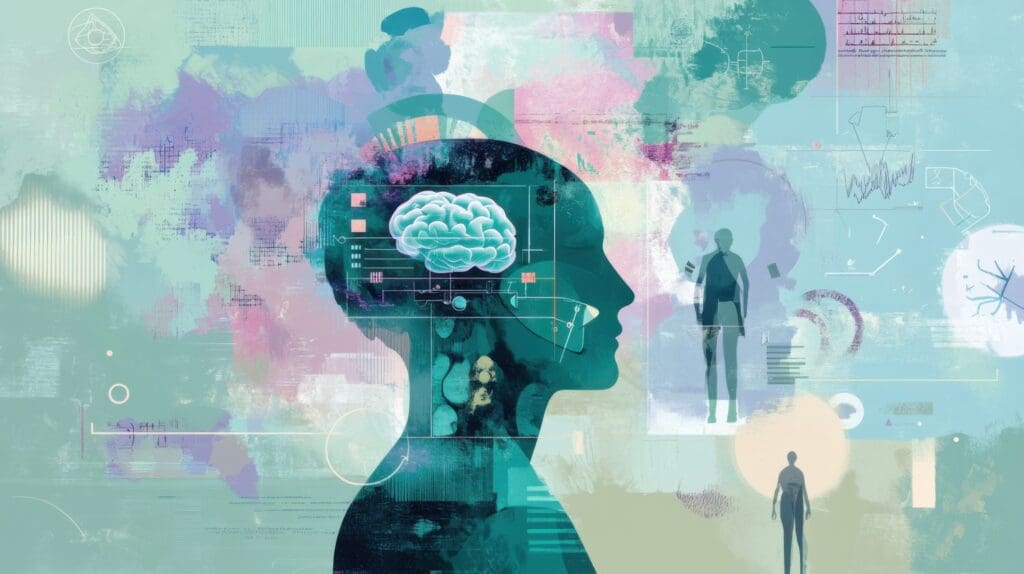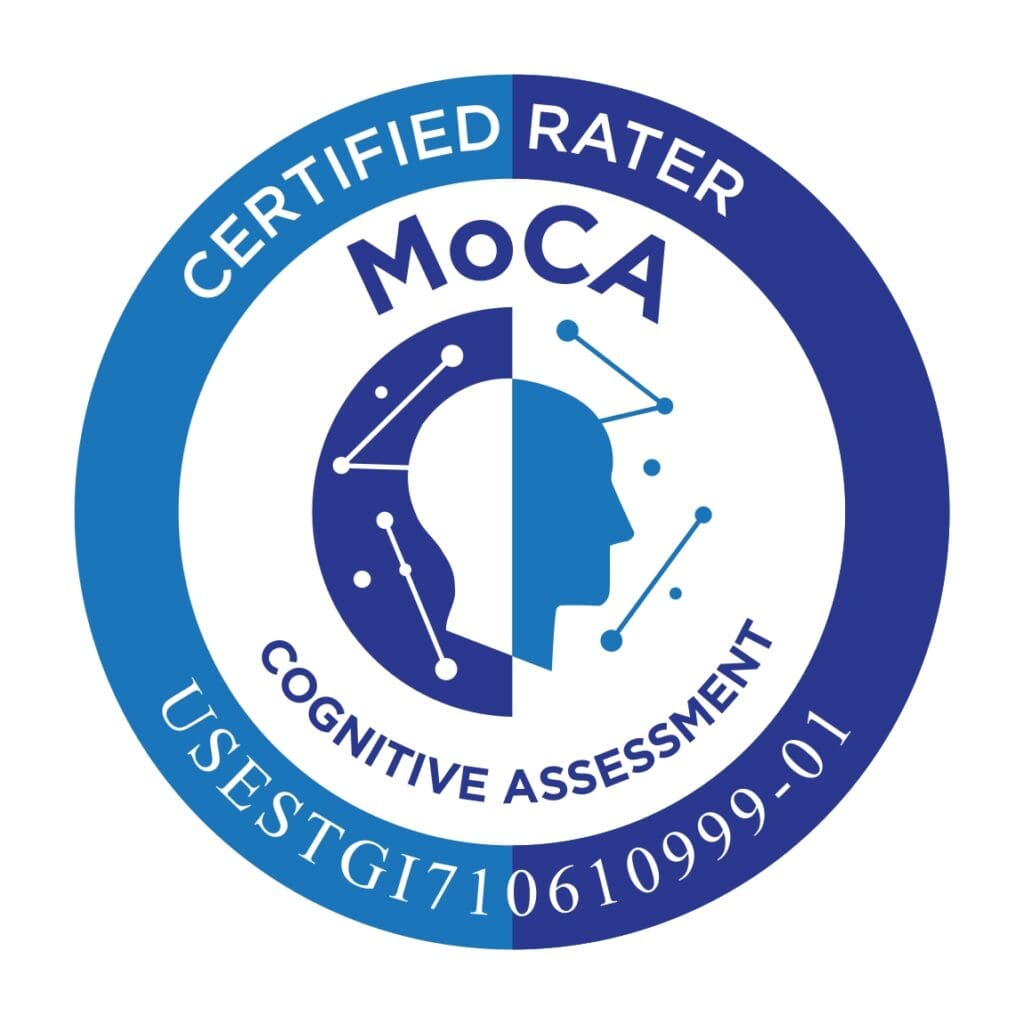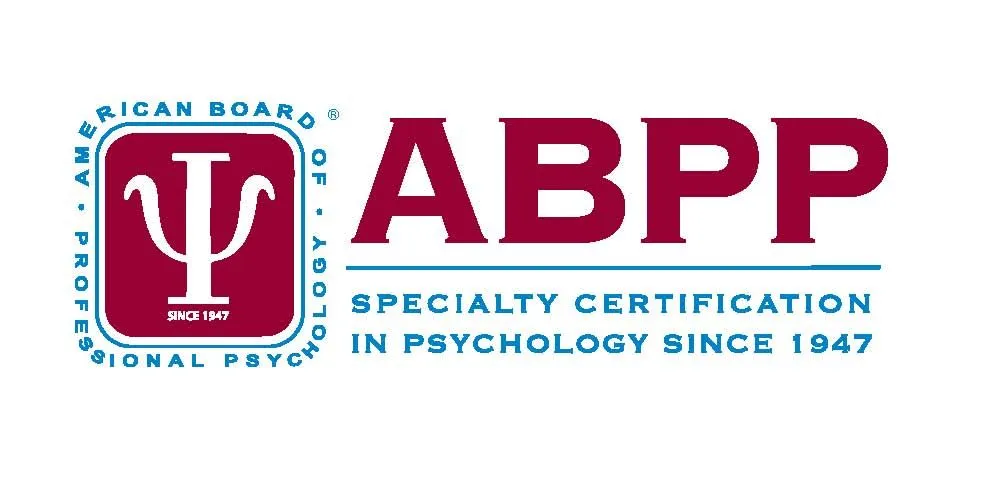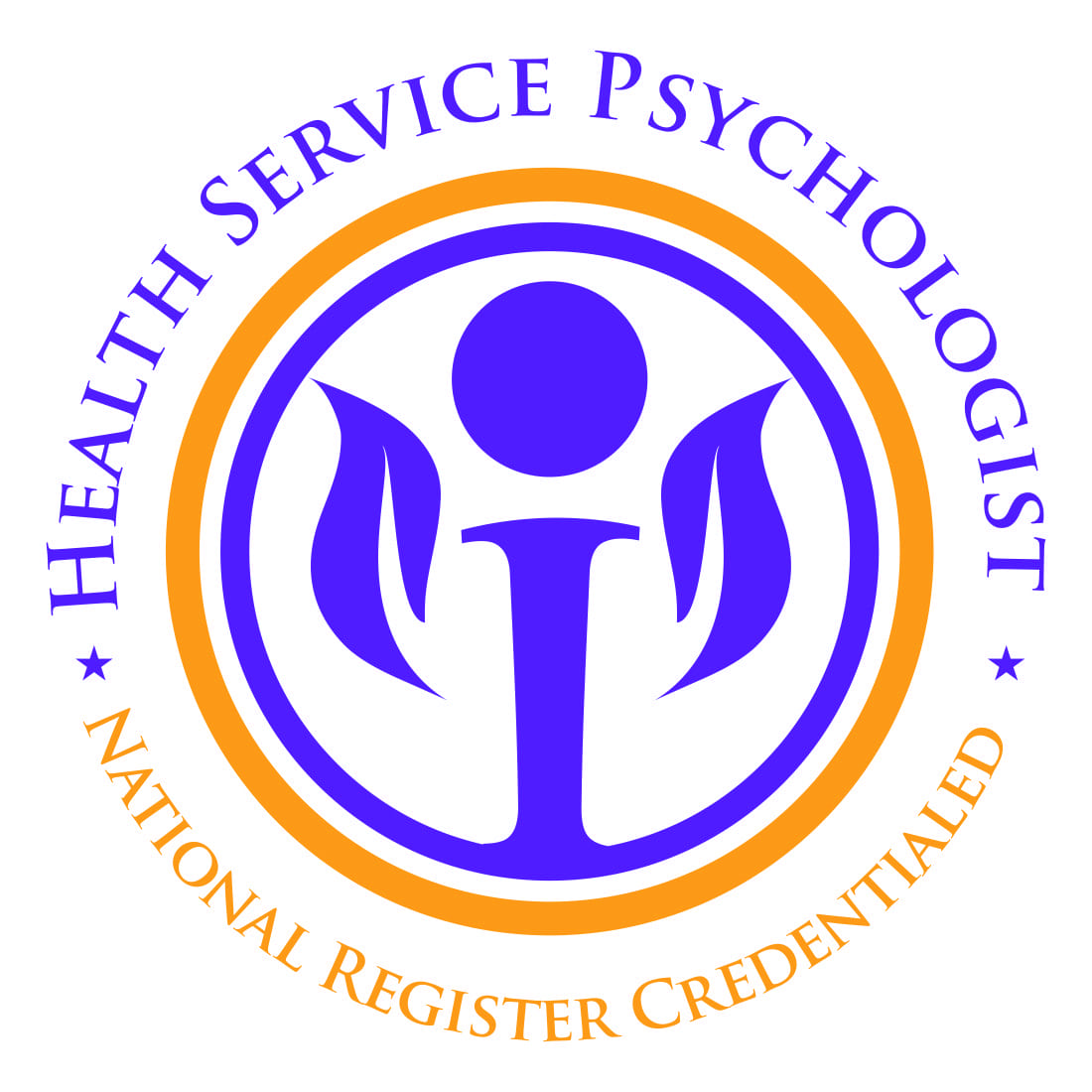GeroMind
Neuropsychological Assessments


Assessments at GeroMind
Individually Tailored
Each Assessment is selected according to the specific needs of the individual
Administered at your speed
We schedule the assessments to be as convenient and comfortable as possible. We will go at your speed.
In-Home Availability
Our Team can come to you and administer these assessments in the comfort of your home.
Explanation of Results
At your follow-up session, you will receive a full breakdown of the results, and we will address any questions you may have.
Specializing In Geriatric Assessments
Standard Assessments
Below is a partial list of the various assessments offered by our office.
However, please note that Dr. Ginny Estupinian will select and administer an assessment based on your specific needs.
Wisconsin Card Sorting Test (WCST)
The WCST is considered a measure of executive function primarily to assess perseveration and abstract thinking because of its reported sensitivity to frontal lobe dysfunction.
Wechsler Memory Scale (WMS)
This is the most widely used scale of adult memory. It assesses various memory functions, including auditory memory, visual memory, and visual working memory. Immediate and delayed recall and recognition tasks provide detailed information on an individual’s memory processes.
Mini-Mental State Examination (MMSE)
The Mini-Mental State Examination (MMSE) is a brief, 30-point questionnaire used to quickly screen an individual’s cognitive functions—such as memory, attention, and language—and track any changes in these abilities over time. It helps identify potential problems like dementia or cognitive impairment and can guide further evaluation or treatment.
The Stroop Color and Word Test (SCWT)
This assessment measures the ability to inhibit cognitive interference and other cognitive functions such as attention, processing speed, cognitive flexibility, and working memory.
Digit Span (from the Wechsler Adult Intelligence Scale)
The digit span is a subtest of the WAIS. It measures auditory attention and working memory.
Rey Complex Figure Test and Recognition Trial
Captures information about five domains of neuropsychological functioning: visuospatial recall memory, visuospatial recognition memory, response bias, processing speed, and visuospatial constructional ability.
Alzheimer's Disease Assessment Scale (ADAS)
This tool evaluates cognitive and non-cognitive changes in individuals with Alzheimer’s disease. The cognitive subscale is the ADAS-Cog, and the non-cognitive subscale is the ADAS-Noncog, which assesses behavioral disturbances.
Montreal Cognitive Assessment (MoCA)
Since 2000, MoCA (Montreal Cognitive Assessment or The MoCA Test) has been validated as a highly sensitive tool for early detection of mild cognitive impairment (MCI) in hundreds of peer-reviewed studies. It has been widely adopted in clinical settings and used in academic and non-academic research around the world.
Boston Naming Test (BNT)
Wechsler Adult Intelligence Scale
This is the most advanced psychometric measure of adult cognitive ability,
Trail Making Test (TMT)
The purpose of the TMT is to test for the presence of brain injury. The TMT is a measure of attention, speed, and mental flexibility. It also tests spatial organization, visual pursuits, recall, and recognition.
Neuropsychiatric Inventory (NPI)
This Assessment provides a means of assessing neuropsychiatric symptoms and psychopathology of patients with Alzheimer’s disease and other neurodegenerative disorders.
Repeatable Battery for the Assessment of Neuropsychological Status (RBANS)
Giving You Peace of Mind
Our Service and Support
Our staff will walk you through the process, making the experience easy and pleasurable.

Reveal Your Brain's Hidden Story
Neuropsychological assessments capture your cognitive abilities like a high-definition snapshot—before illness, during treatment, or after recovery. Discover the true landscape of your mind and gain insights that can reshape your path forward.

Age-Related Memory Changes: Normal or Not?
Many adults notice subtle changes in their memory and thinking as they age. Is that occasional forgetfulness just part of getting older, or something more? Our comprehensive evaluation provides clarity and peace of mind by determining whether your cognitive changes align with normal aging or suggest an underlying issue requiring attention. Take control of your cognitive health today.

Balance Your Cognitive Strengths and Weaknesses
Neuropsychological assessments unveil a unique map of your cognitive abilities, highlighting both your natural strengths and areas of difficulty. Armed with this powerful knowledge, you’ll discover personalized strategies that turn obstacles into stepping stones, allowing you to navigate life with newfound confidence and effectiveness.

Track Your Cognitive Journey: Before, During & After
Neuropsychological assessments reveal the complete map of your thinking abilities throughout life’s challenges. They predict your cognitive trajectory, uncover subtle problems before they worsen, and determine how medical conditions affect your daily functioning. With this powerful insight, you’ll gain clarity on crucial life decisions—from career choices to living arrangements—empowering you to navigate your future with confidence and precision.

Call 408-980-7417
Get The Answers You Need And Deserve
Your Expert Assessor
Ginny Estupinian Phd, ABPP





Common Questions
Your quick guide to common queries.
Not at all. Many clients come to us simply wanting to understand their current mental capacities and establish a reference point for future comparison.
Mild Cognitive Impairment involves subtle changes in memory or thinking that don’t interfere with independence. While people can still manage daily activities, these changes may signal increased risk for future decline. Early identification allows for timely intervention.
Dementia involves cognitive declines severe enough to interfere with independent functioning, requiring assistance with daily activities. It can be caused by various conditions, including Alzheimer’s disease and other neurodegenerative illnesses.
Mild Cognitive Impairment involves subtle memory or thinking changes that don’t interfere with independence. While daily functioning remains intact, affected individuals may notice more difficulty with complex tasks or remembering information. These changes may increase risk for future decline, but do not necessarily progress to dementia. Early detection enables preventive strategies and timely intervention.
You can use both to get the complete picture.
Brain imaging shows what your brain physically looks like and can identify medical problems like strokes or diseases.
Neuropsychological testing shows how your brain actually works—revealing how problems affect your thinking, emotions, and behavior in real life.
While imaging can spot the physical problem, only neuropsychological evaluation can tell you how that problem impacts your daily functioning and abilities.